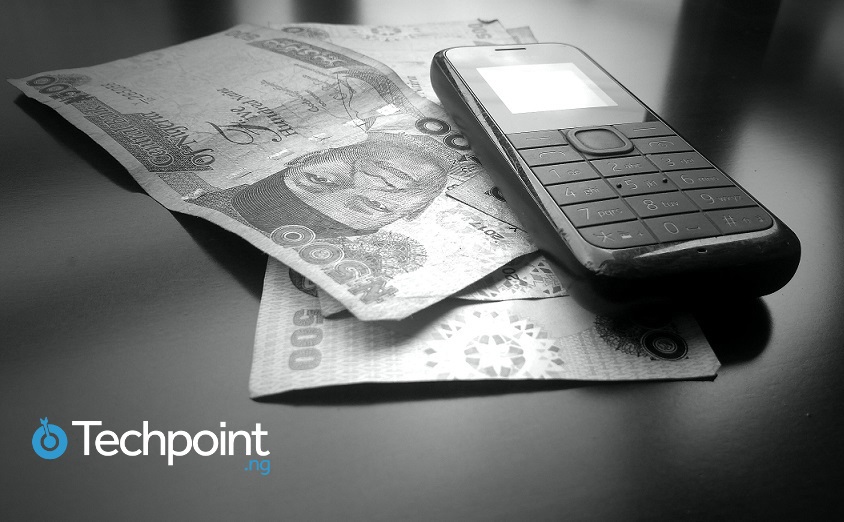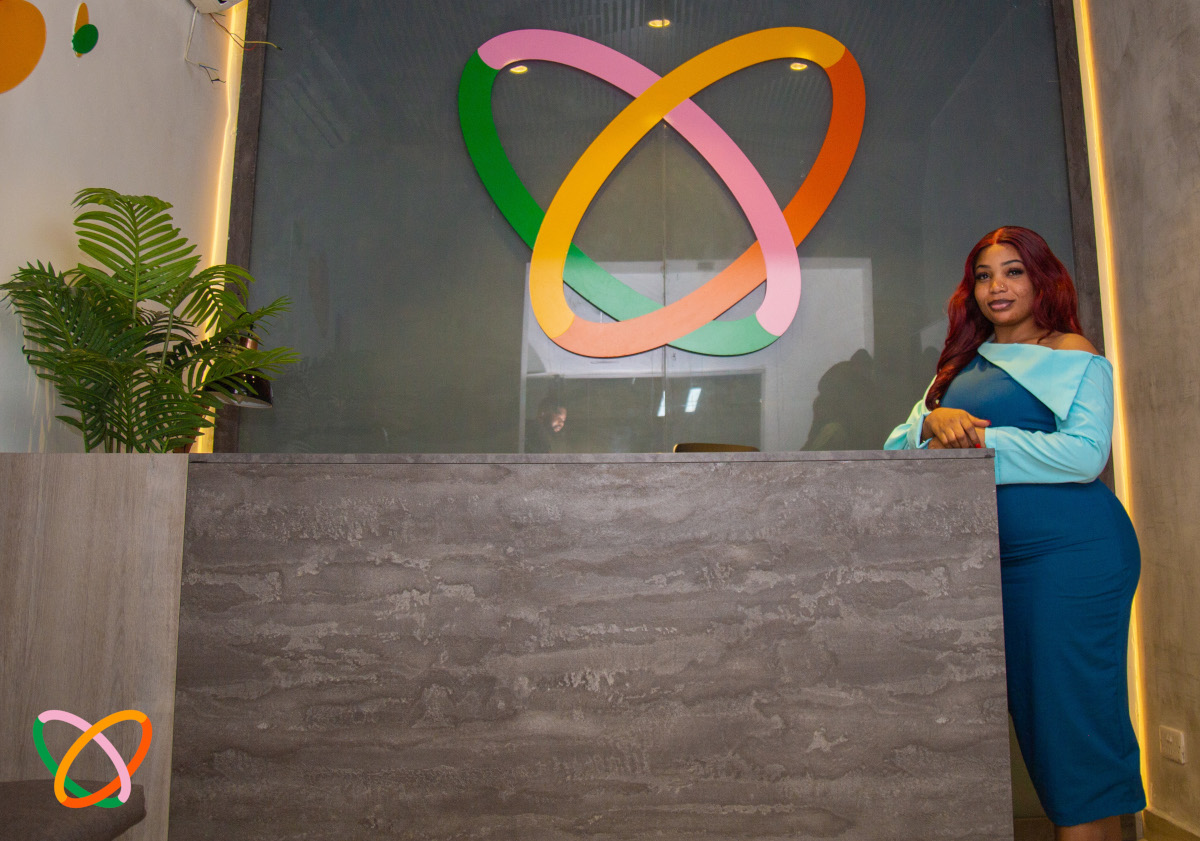Editor’s note on April 13, 2022, 1:12 WAT: MTN Nigeria has since received the final approval from the Central Bank of Nigeria to operate its payment service bank.
On Friday, November 8, 2021, telecom giants MTN and Airtel, in separate statements, revealed that the Central Bank of Nigeria (CBN) had granted them approval in principle to operate payment service banks (PSBs).
Subject to meeting specific requirements over the next six months, the telecom operators would receive approval to operate PSBs. As expected, the announcements were greeted with support by Nigerians and hailed as an essential step in deepening financial inclusion in the country.
So what does this mean for financial inclusion in Nigeria? This article provides some answers but first, what are PSBs?
According to Mondaq, payment service banks accept deposits from individuals and small businesses, carry out payment and remittance services within Nigeria, issue debit and prepaid cards, operate electronic purses, and other activities prescribed by the CBN.
Therefore, MTN and Airtel would provide these services if they get the final approval. In doing so, they would be joining the likes of OPay and Paga in that space.
Since 2012, an often-stated goal of the CBN has been to deepen financial inclusion in the country.
The World Bank defines financial inclusion as access to valuable and affordable financial products and services delivered responsibly and sustainably. These services include payments, savings, credit, insurance, and transactions.
It goes on to say that having a transaction account is the first step towards financial inclusion, as it provides individuals and businesses with a way to receive, send, and store money.
Consequently, while the telcos would not offer a full suite of financial services, they would be able to provide users with an entry into the financial system.
A significant reason for the optimism shown is the potential of telcos to fast-track the CBN’s financial inclusion goal. This is mainly due to their comprehensive coverage of the country, especially in rural areas that house most of the unbanked population.
With the infrastructural cost of setting up branches and security, banks are not opening branches in new locations and, in some cases, are shutting down operations. According to the International Monetary Fund, Nigerian banks closed 234 branches and 649 Automated Teller Machines (ATMs) in 2020, bringing the number of banks in Nigeria to 5,158 in 2020 from 5,392 in 2019.
Furthermore, MTN and Airtel have the largest and third-largest subscribers at 67.5 million and 42 million, respectively. Even accounting for multiple SIM cards as is common in the country, those figures are significantly higher than the top three Nigerian banks by customer base. According to data from the GSM Association, there were 97.5 million unique mobile subscribers in 2018.
Data from the Nigeria Inter-Bank Settlement System (NIBSS) puts the number of bank accounts in Nigeria at 160 million as of May 2021. At the same time, the Nigerian Communications Commission (NCC) reports 190,854,069 active lines as of September 2021.
However, the total BVN count as of October 31 was 50,728,469. Given that no one can have more than one BVN, it is safe to assume that the number of bank account holders in Nigeria is around the 50 million mark.
With the World Population Review putting the population of Nigerians over the age of 18 at 105,841,979, we could infer that there are about 55 million adult Nigerians without a bank account. This presents a huge opportunity for the new entrants and the millions of unbanked Nigerians.
Having successfully set up mobile money services in other parts of Africa, MTN and Airtel could replicate the success in Nigeria. This development bodes well for Nigeria’s unbanked population as it would serve as a gateway into the financial services sector. While the PSBs cannot give loans, having a transaction account enables their users to access loans for their businesses and education.
Granting PSB licences to the telcos is, however, just one step towards achieving financial inclusion. As we argued in a previous article, financial inclusion entails more than having a bank account.
Challenges such as a lack of a unified identification system and increasing poverty rates remain. Opening an account is one thing but consistently funding that account is another. Admittedly, this is not a task for the telcos but is one they are bound to encounter.
There is no doubt that granting these telcos a PSB licence would boost the CBN’s financial inclusion goals. However, for it to be truly impactful, it must go beyond adding numbers to the financial system to create tangible value for existing customers.











